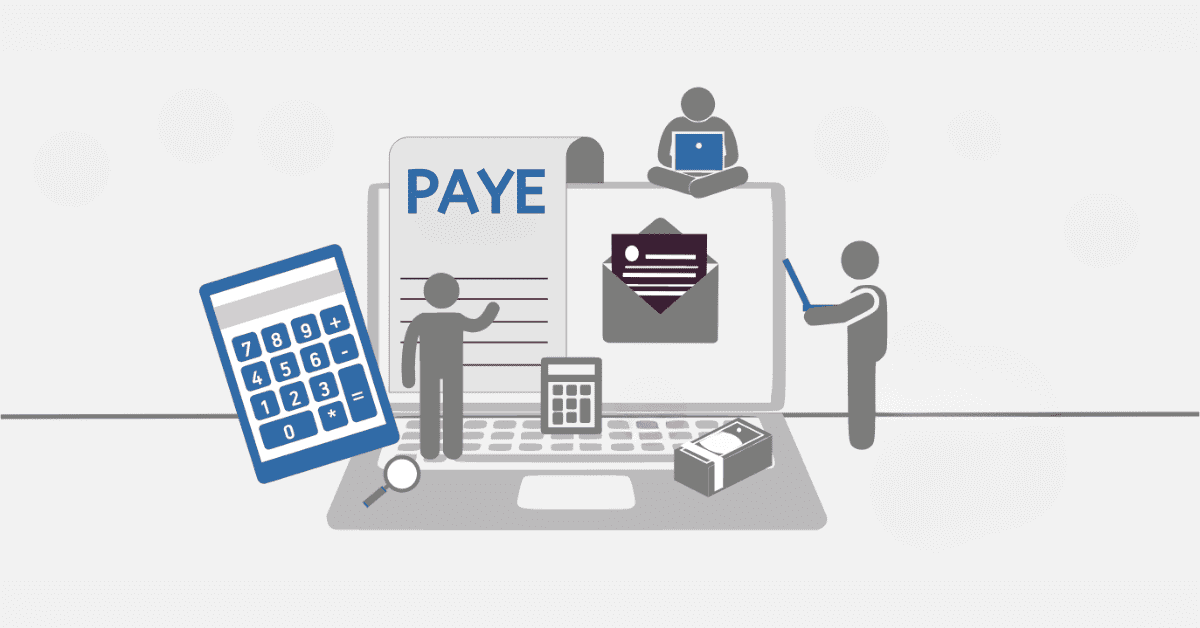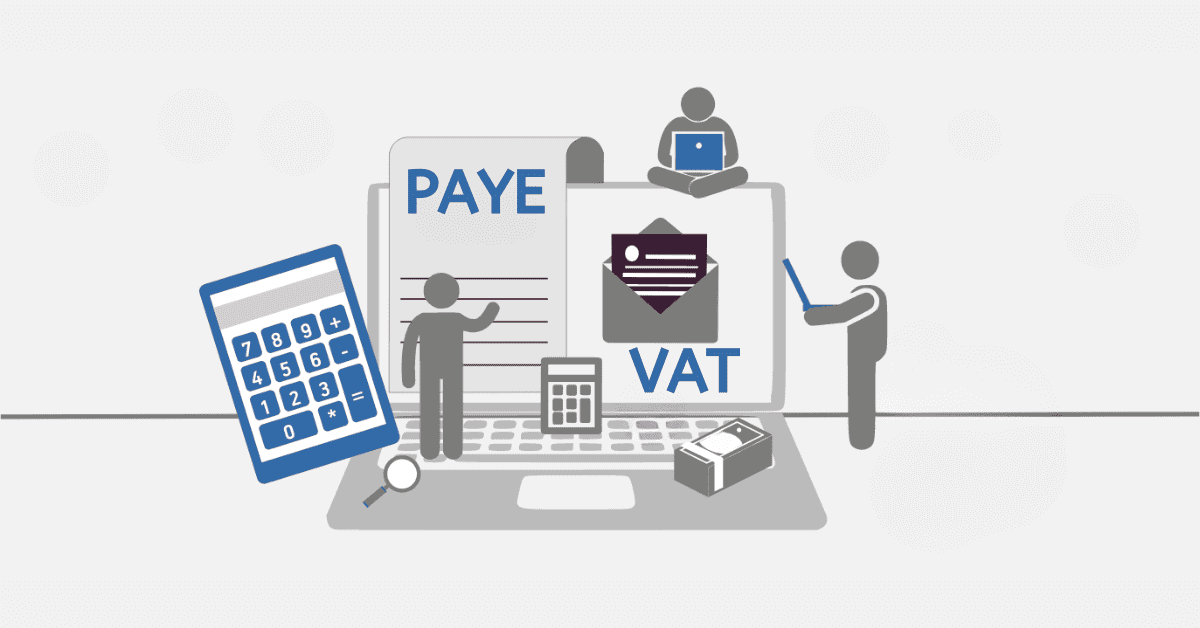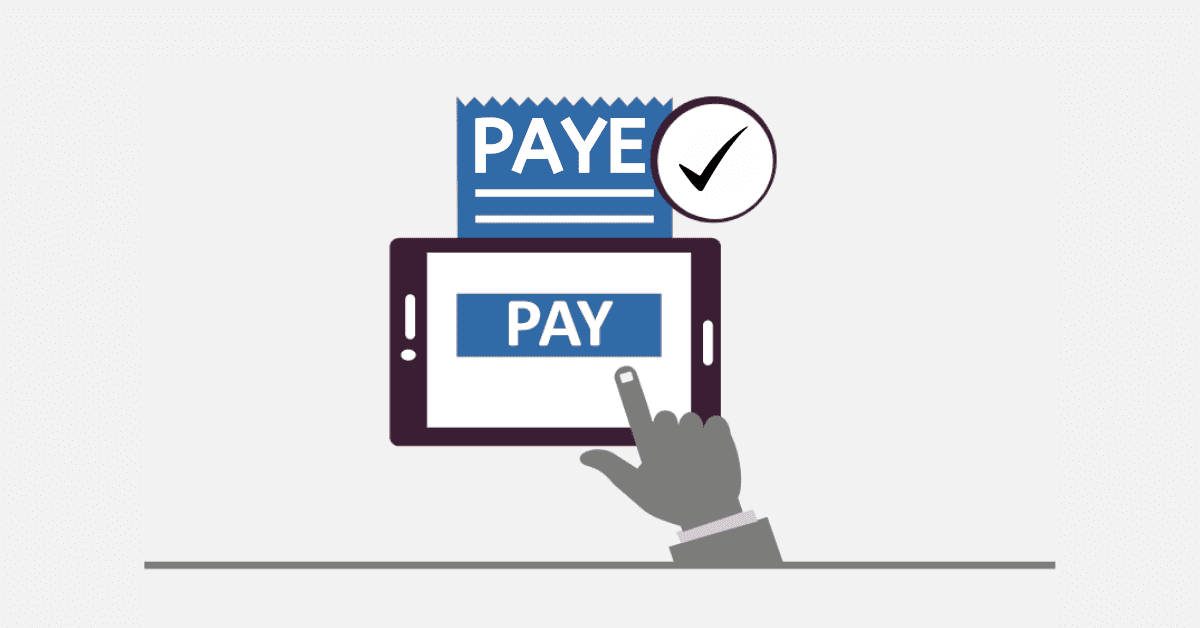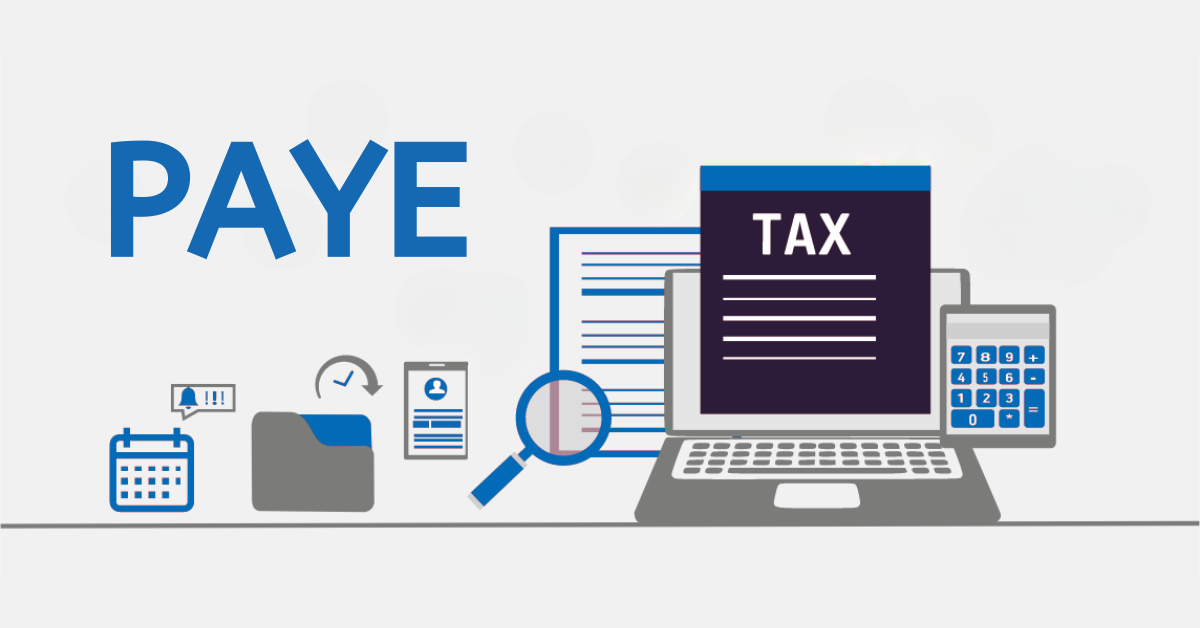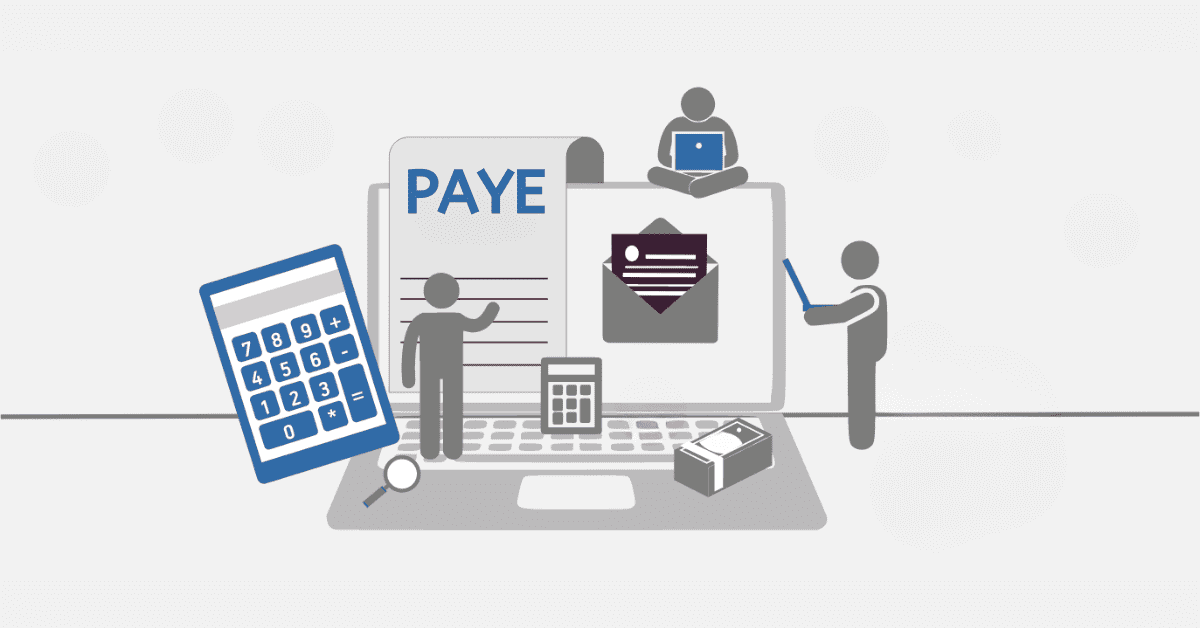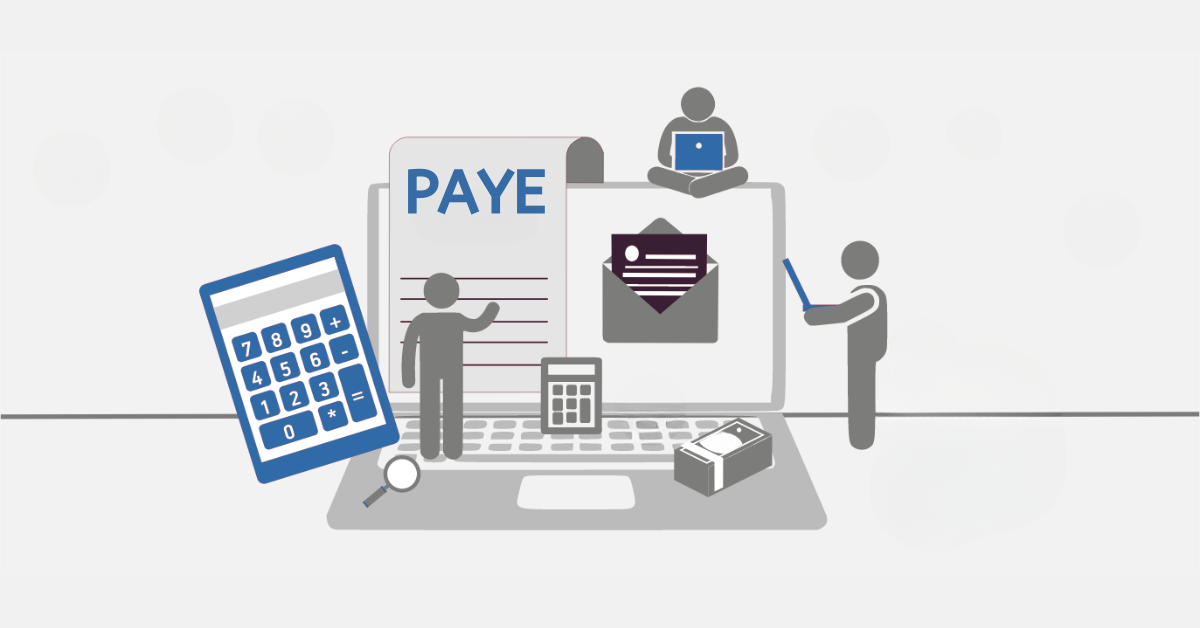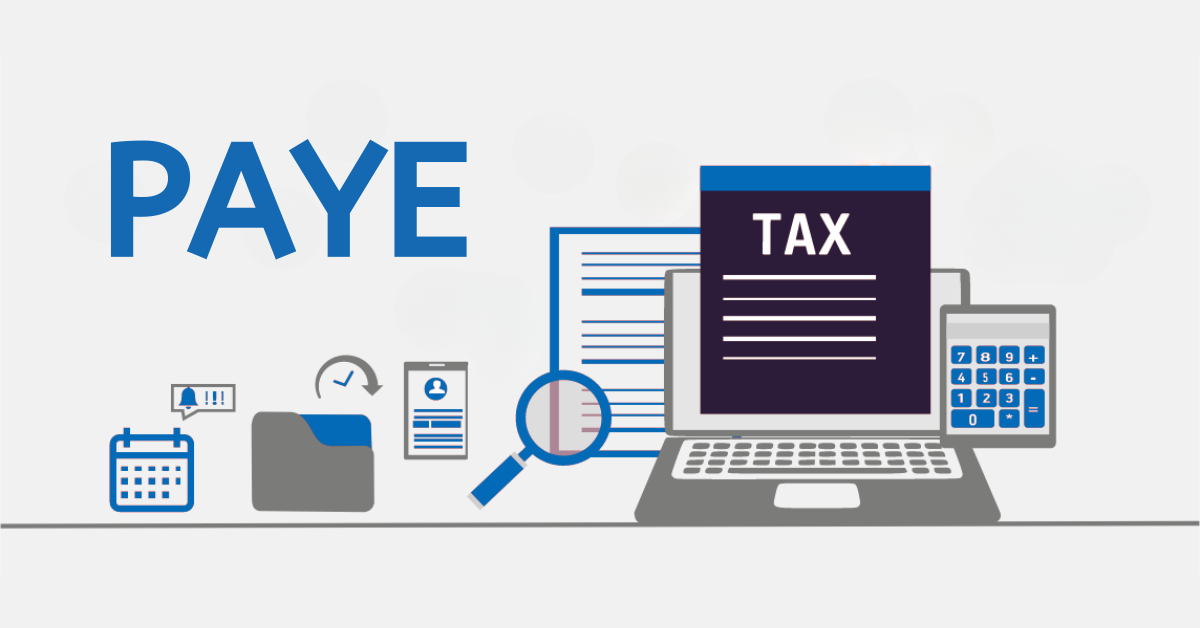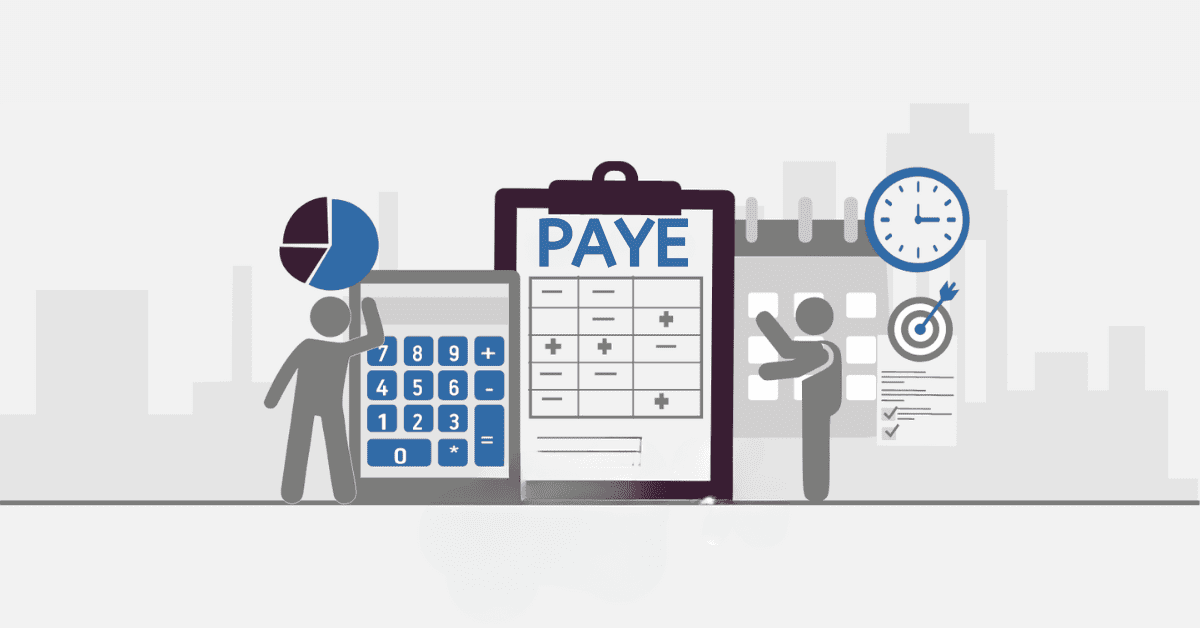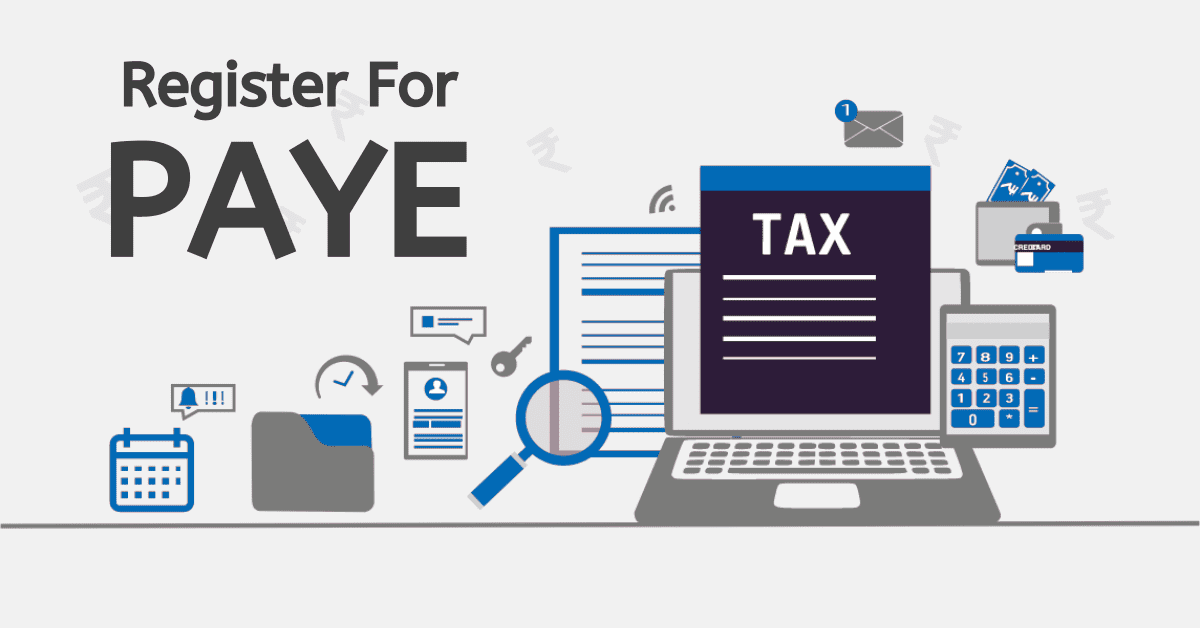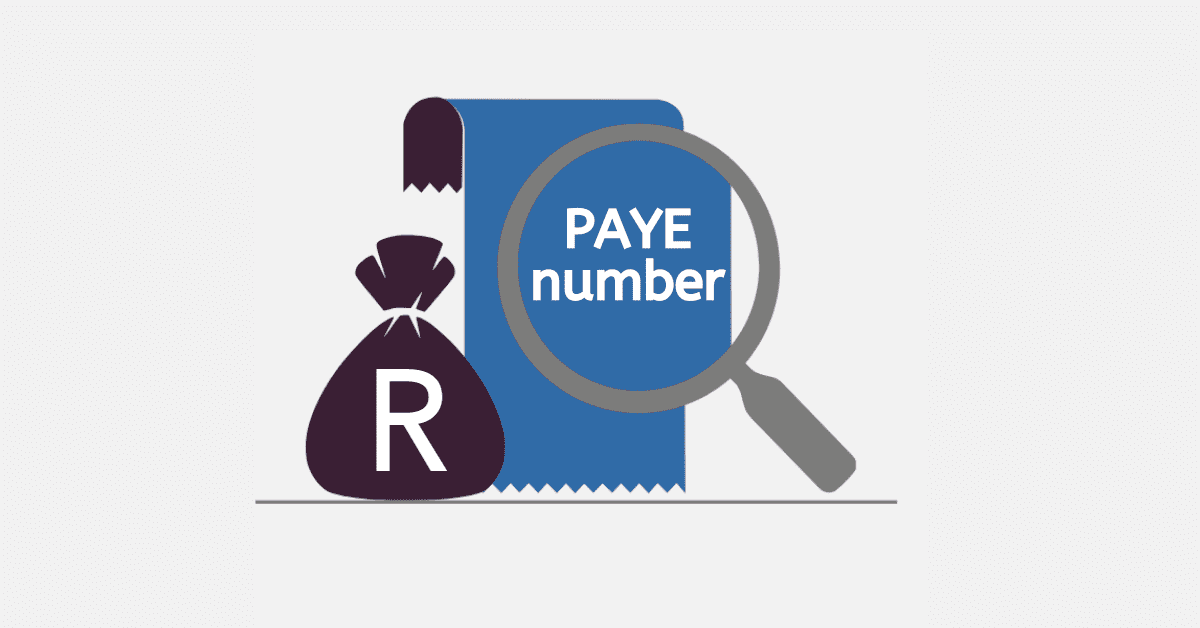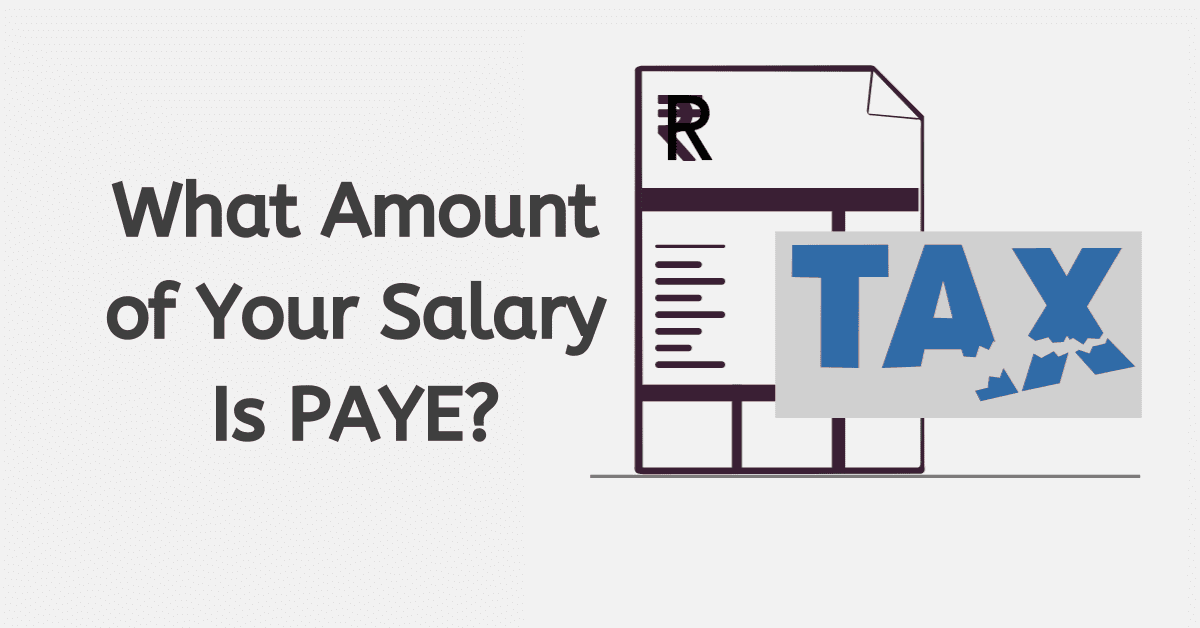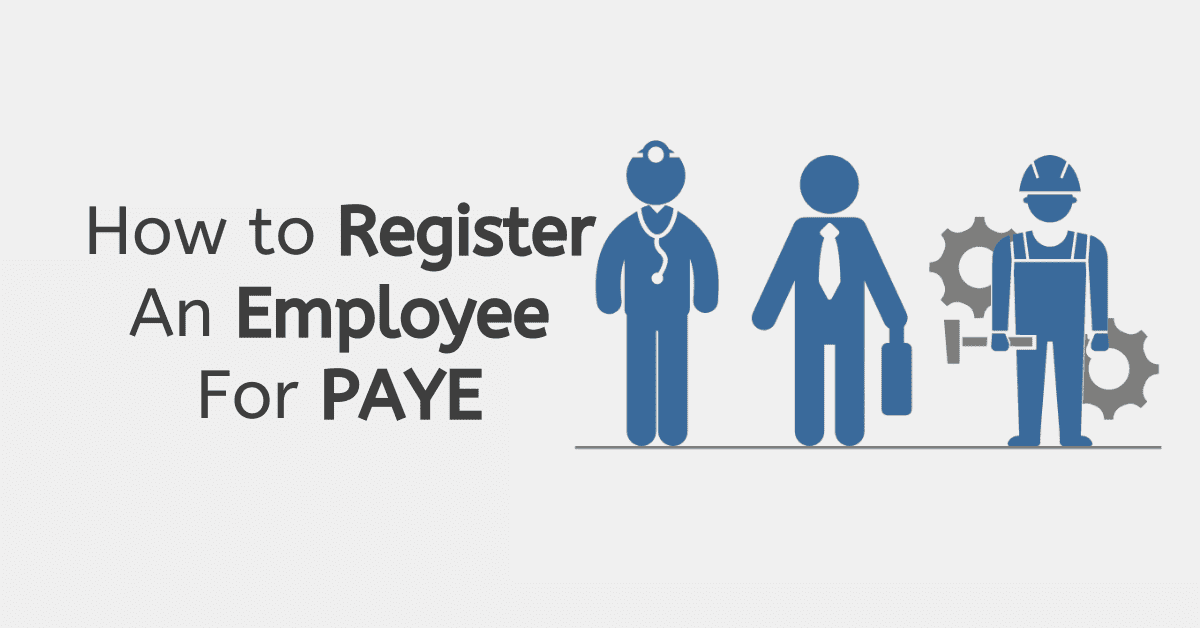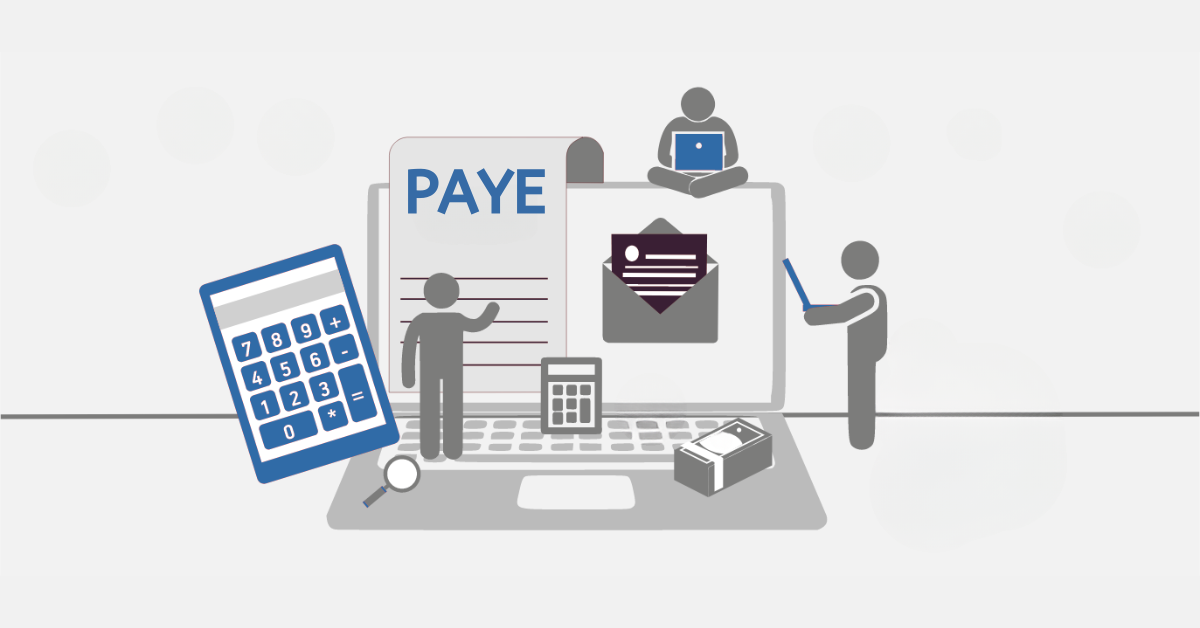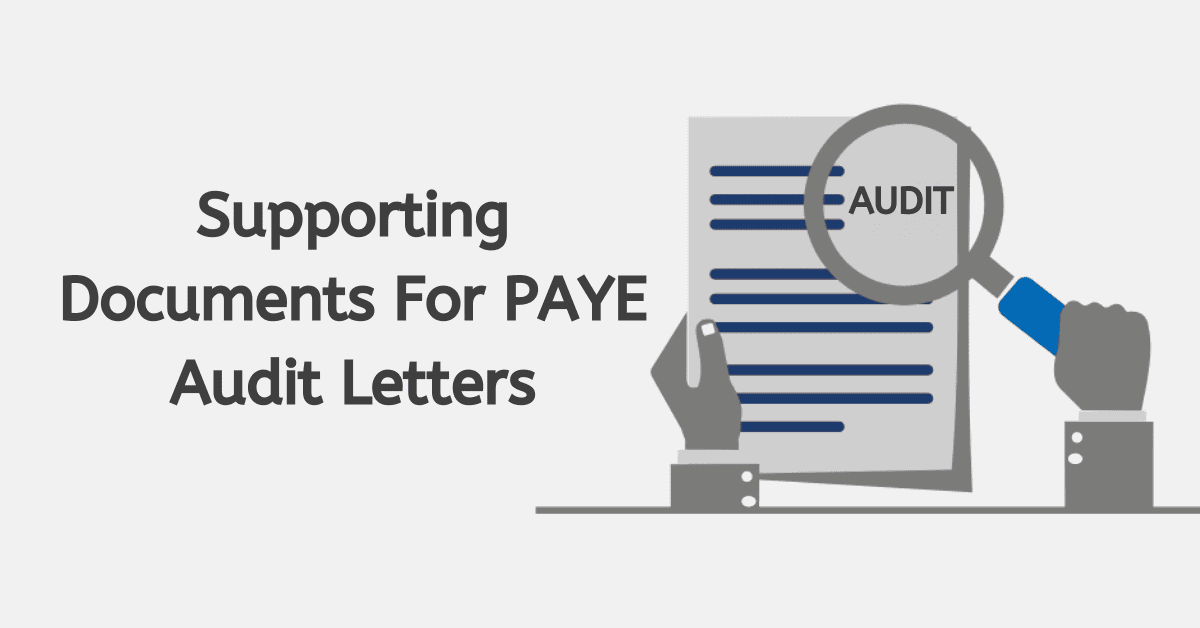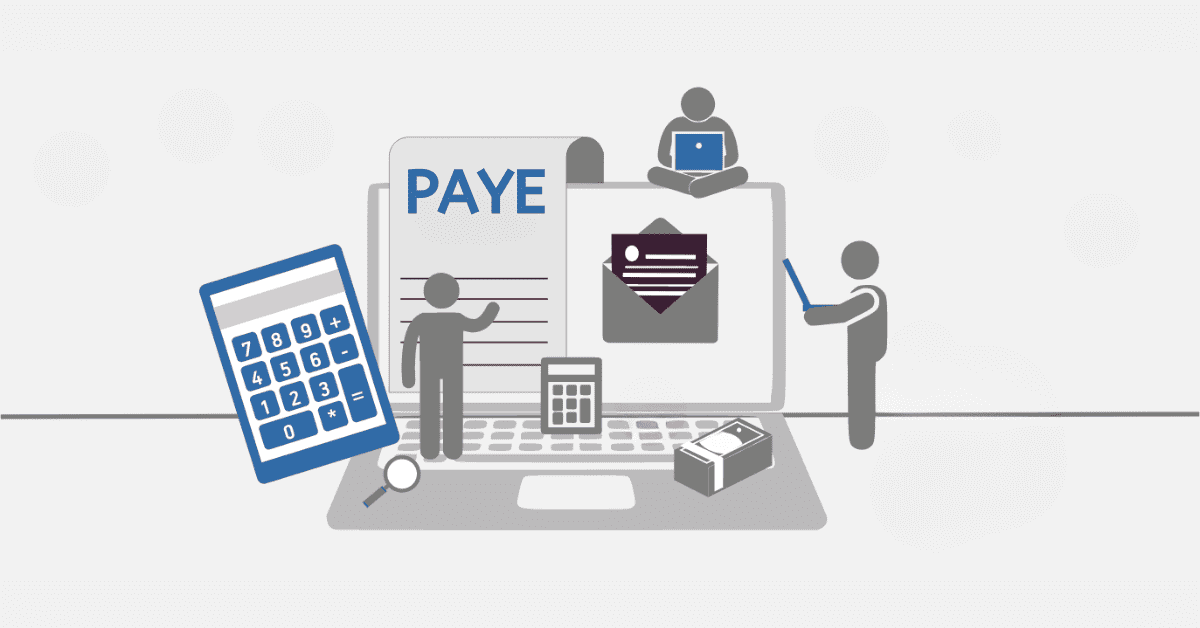Want to know more about the minimum salary for PAYE in South Africa? Then, you have found the right blog post for you.
In South Africa, the PAYE system is responsible for deducting income tax directly from employees’ salaries. A minimum threshold is set to ensure that individuals with low incomes are exempted from paying taxes. This threshold aims to reduce the tax burden for individuals with lower incomes, promoting economic inclusivity. Employers have a vital role to play in the implementation of PAYE, as they are responsible for ensuring that deductions are made accurately and that they comply with tax regulations. The system contributes to generating government revenue while also focusing on ensuring fairness in taxation. It aims to promote social and economic equity among the diverse workforce in South Africa.
As we continue to dissect this matter, we will share with you more information on South Africa PAYE as well as the minimum salary for PAYE.
What is the minimum salary for PAYE in South Africa?
In South Africa, the minimum salary for PAYE is reviewed annually by the South Africa Revenue Service at the beginning of each fiscal year. The review plays a crucial role in ensuring that taxation practices in the country are fair and equitable.
SARS aims to ensure that tax obligations align with the evolving economic landscape and the needs of employees and employers by regularly evaluating the minimum salary for PAYE. By adopting this proactive approach, it becomes possible to make necessary adjustments to the minimum salary threshold. These adjustments consider various factors like inflation, economic growth, and the cost of living.
In South Africa, the minimum salary for PAYE is currently set at R6950. The amount mentioned considers different salary structures and deductions that might apply to individuals. The PAYE system is a method established by the South African Revenue Service for gathering income tax from employees.
Is PAYE compulsory in South Africa?
Yes, Indeed, PAYE is a compulsory tax system in South Africa. Employers are required to deduct income tax from their employees’ salaries or wages and then send it to the South African Revenue Service (SARS) on their behalf.
As an employer, it is important for you to ensure that you accurately calculate and deduct these payments from your employees’ wages. Afterwards, you need to remit these payments to the relevant tax authorities. Engaging in deliberate actions to evade or avoid PAYE payments
What is the SARS threshold for PAYE?
Understanding the SARS threshold for PAYE, which stands for Pay-As-You-Earn, is crucial regarding income tax in South Africa. The term “tax bracket” is used to describe a specific category that determines whether an individual needs to pay taxes based on their income.
The South African Revenue Service (SARS) has put in place a specific threshold to help individuals understand the exact tax percentage they need to pay on their salary or commission. This measure aims to ensure clarity and accuracy in tax calculations. The threshold has been thoughtfully crafted to ensure that tax obligations are clear and transparent.
Below is the SARS threshold for PAYE.
- Up to R237,000: 18% of your income goes to taxes.
- R237,101 to R370,500: PAYE Tax is R42,678 plus 26% of the amount above R237,100.
- R370,501 to R512,800: PAYE Tax is R77,362 plus 31% of the amount above R370,500.
- R512,801 to R673,000: PAYE Tax is R121,475 plus 36% of the amount above R512,800.
- R673,001 to R857,900: PAYE Tax is R179,147 plus 39% of the amount above R673,000.
- R857,901 to R1,817,000: PAYE Tax is R251,258 plus 41% of the amount above R857,900.
- R1,817,001 and above PAYE tax is R644,489 plus 45% of the amount above R1,817,000.
Who is eligible to pay PAYE tax?
When you receive a salary or commission from your employer which is within the taxable threshold, they are required to deduct taxes from your monthly earnings. The amount you earn and whether or not you receive fringe benefits are factors that determine this. That’s why it’s called “pay-as-you-earn”.
The amount of income tax deducted is determined by using a tax table provided by Sars. This calculation considers various fringe benefits, including travel allowances, pension contributions, and medical aid contributions. To settle the deducted amounts, the employer must complete the Monthly Employer Return (EMP201) and make the necessary payment.
